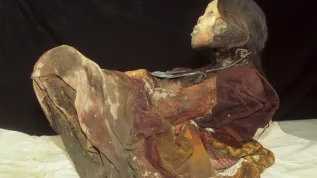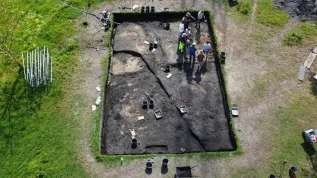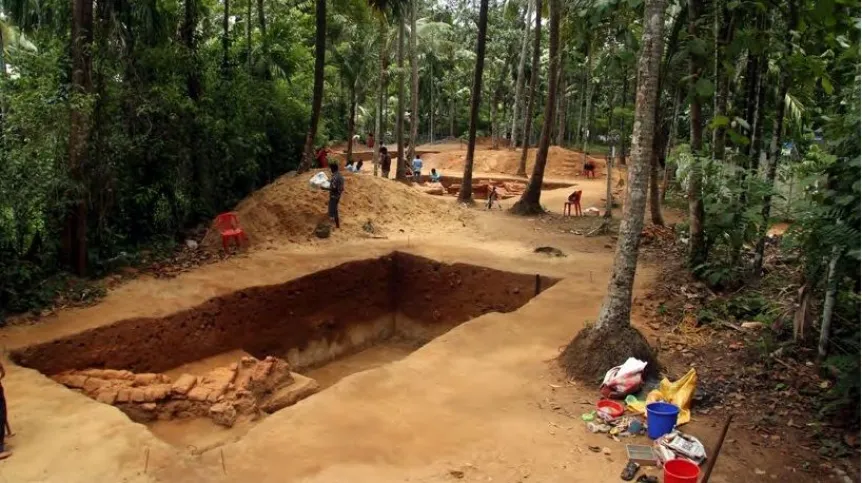
An ancient intercontinental transhipment port, probably ancient Muziris in today's India, from which products were shipped to Europe over 2,000 years ago by Egyptians, among others, will be the target of Polish archaeologists. The research will start in March 2024.
Researchers speculate that under the modern village of Pattanam there are relics of the northern part of the ancient port of Muziris. It was the most important place of this type in the Limyrike region, mentioned by Roman writers, e.g. Pliny the Elder. Pattanam is located in south-western India, today a few kilometres from the coastline of the Arabian Sea, part of the Indian Ocean.
'It will be the first Polish excavation project in India,’ the head of the mission, Dr. Marek Woźniak from the Institute of Mediterranean and Oriental Cultures of the Polish Academy of Sciences, told PAP.
A few years ago in Sopar, on the outskirts of Mumbai, scientists from Poland conducted exploratory research, but despite very promising results, their research did not receive support from scientific institutions and did not end with excavations.
When asked where the idea for research in India came from, Dr. Woźniak said that for many years he had been a member of the archaeological mission in Egypt, in Berenike on the Red Sea. The city was founded in the 3rd century BCE by pharaoh Ptolemy II.
'In Berenike, I am responsible for researching the Hellenistic phase of the city (4th century BCE to the Roman conquest at the turn of the era - PAP), and it was during the Hellenistic period that Berenike's intercontinental contacts expanded the fastest, eventually reaching India,’ he said.
In the first centuries of our era, the Romans, who took over Egypt, made Berenike an important point in transoceanic trade that connecte Black Africa, the Middle East and India.
Dr. Woźniak said: 'We already know a lot about Indo-Roman trade. However, we still know almost nothing about these earlier, Hellenistic contacts, especially when it comes to central and southern India. This is probably the most interesting issue in this field of research.’
He added that he was interested in the contact points and zones between very different cultures and the effects of these interactions.
'In the case of Indo-Hellenistic and Indo-Roman contacts, we are dealing with phenomena that are not only extremely interesting, but also of great importance for the history of mankind, very similar to today's, increasingly smaller and more globalised world. Maybe we could learn something from studying them,’ Woźniak said.
Therefore, he noted, the reference to the excavations in Berenike was obvious and they inspired him to establish cooperation with researchers from India. 'By carrying out work in ports at both ends of the western part of the +spice route+, we gain an amazing opportunity for Polish science to join the research on ancient commercial globalisation, one of the greatest achievements of human history, diplomacy and economics,’ he said.
The archaeologist pointed out that this route, connecting India, the Middle East, Egypt and Europe, also played an important role in later centuries.
'It was along this route that the apostle Thomas reached India. He most likely sailed from Bernice and arrived at Muziris, being the first to bring Christianity to the subcontinent,’ he said.
The researchers want to reconstruct the architecture of ancient Muziris. They will also study its economic, logistical and political connections to other ports and centres in the region.
According to Woźniak, a huge number of traces of contacts with the Greco-Roman Mediterranean and the Hellenistic-Parthian Middle East had already been discovered in Pattanam during previous research.
'The excavations carried out here so far have resulted in the discovery of thousands of fragments of Roman amphorae and tableware (so-called terra sigillata), glass, often very luxurious vessels produced in Roman Egypt. In turn, thousands, if not tens of thousands, of gold and silver Roman coins are known from the region where the port is located and the neighbouring Tamil Nadu,’ Woźniak said.
However, the research agenda is more broadly conceived. In addition to excavations, Polish scientists, together with researchers from PAMA in Kerala, plan to participate in exploratory research in the nearly unexplored region of the western foothills of the Southern Ghats, sometimes called the 'Cardamom Hills'.
'That was the source of all the goods that Roman merchants brought from Kerala and the location of one of the important land routes connecting the west and east coasts of South India,’ Woźniak said.
The first season of excavations in Pattanam will start in March 2024. Exploratory research will launch in autumn.
PAP - Science in Poland, Szymon Zdziebłowski
szz/ agt/ kap/
tr. RL
Gallery (4 images)
-
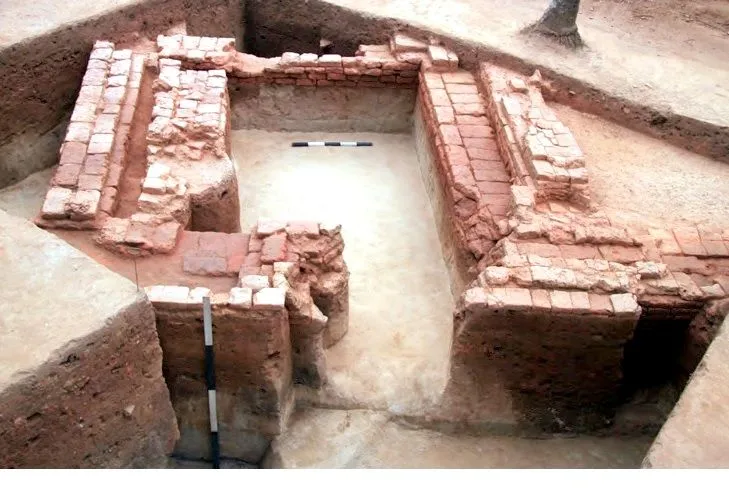 1/4Credit: PAMA
1/4Credit: PAMA -
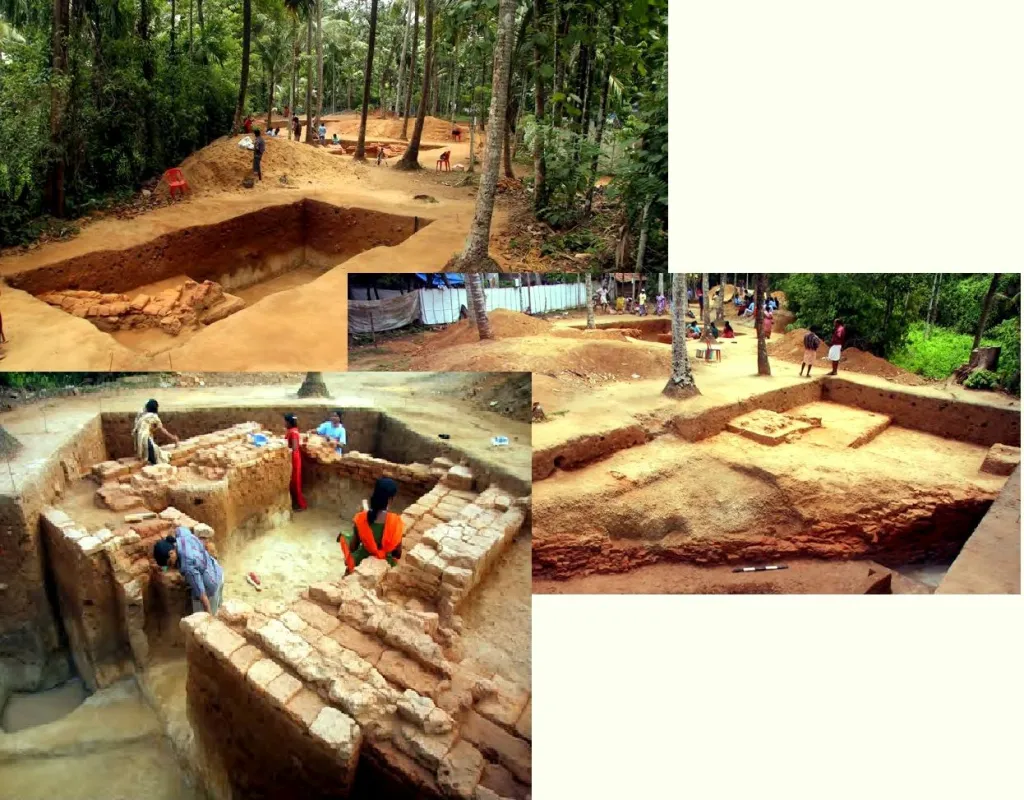 2/4Credit: PAMA
2/4Credit: PAMA -
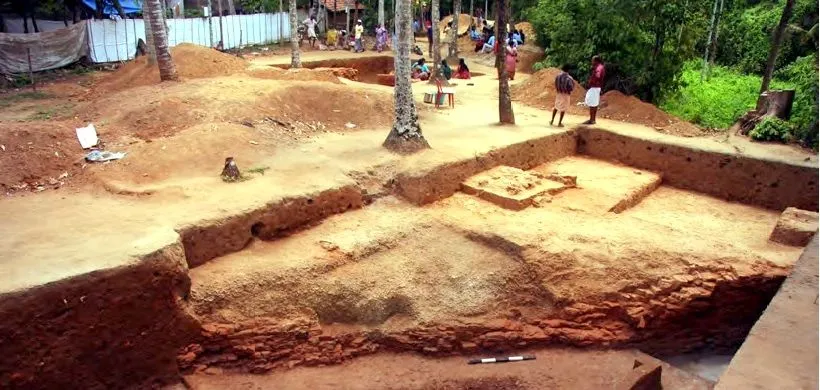 3/4Credit: PAMA
3/4Credit: PAMA -
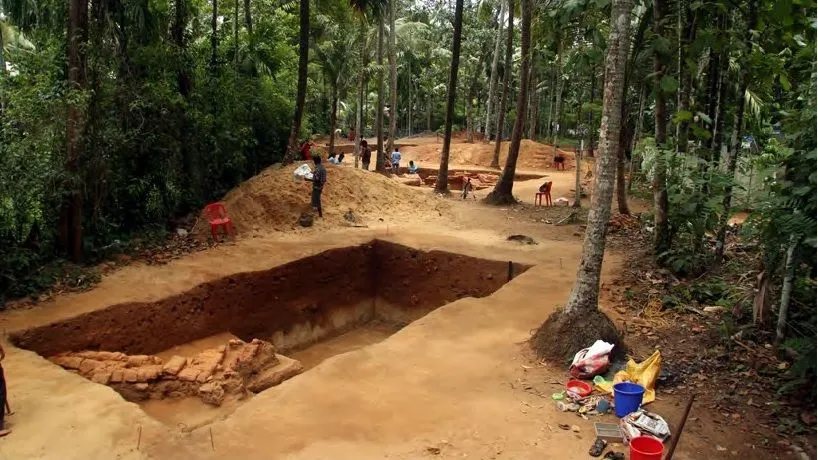 4/4Credit: PAMA
4/4Credit: PAMA

